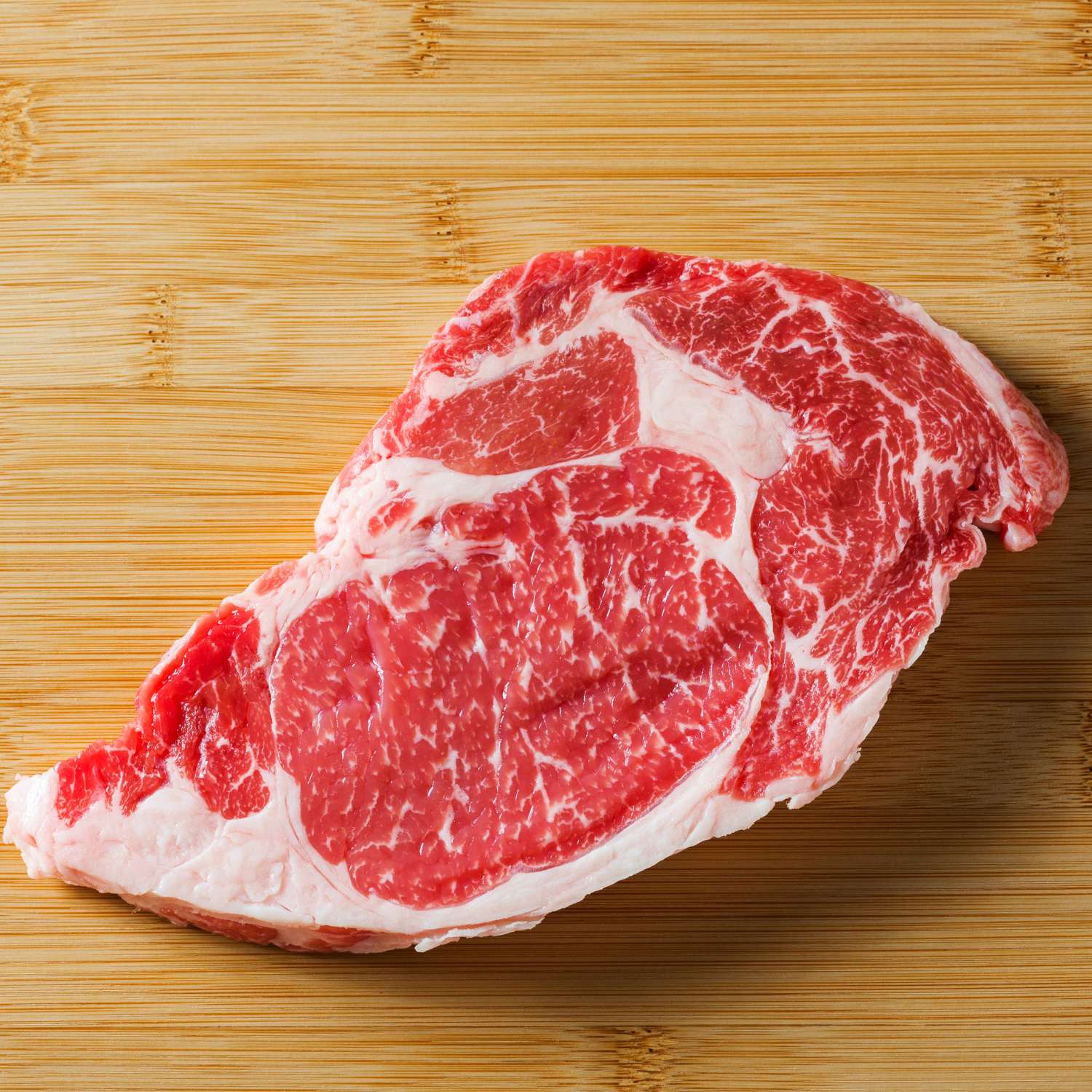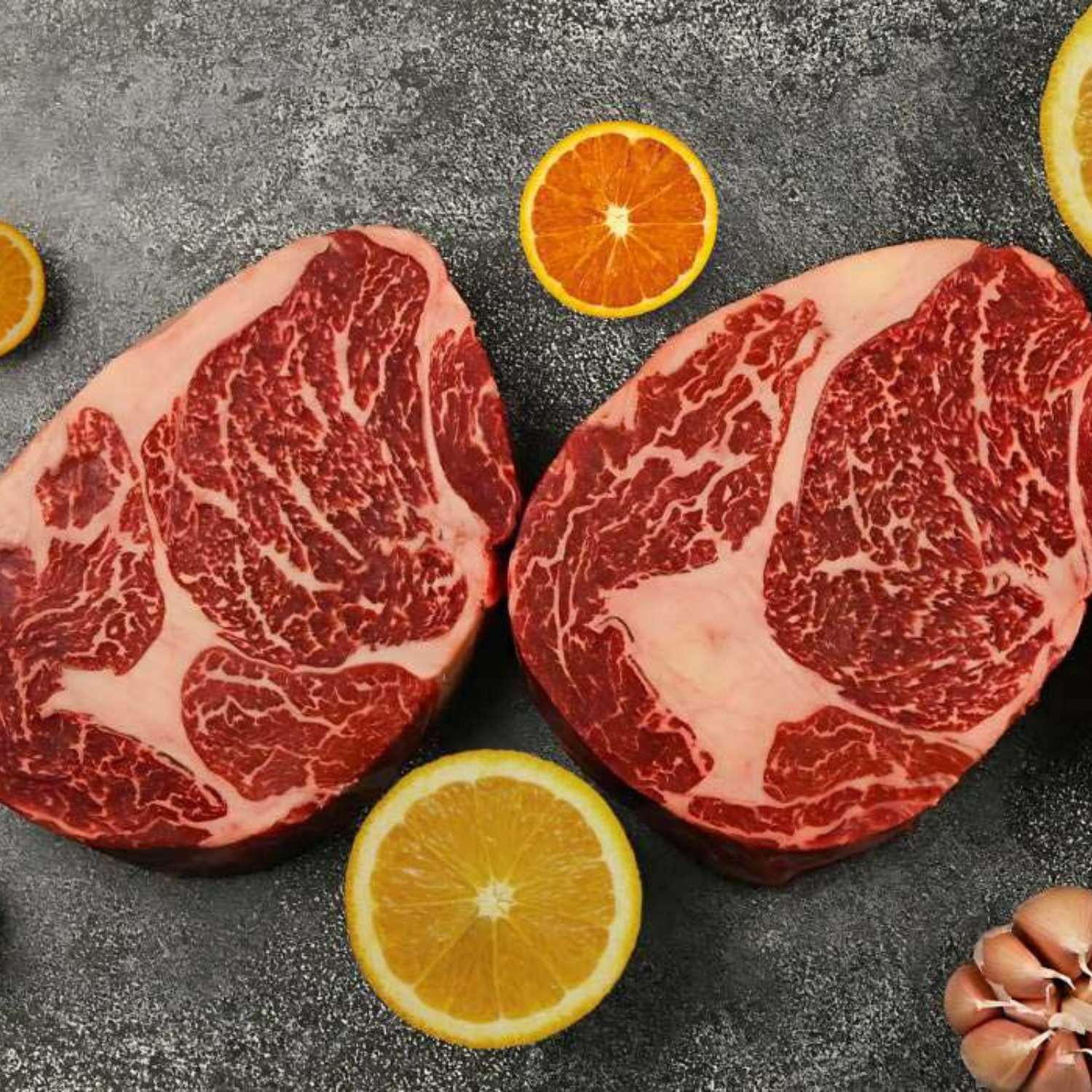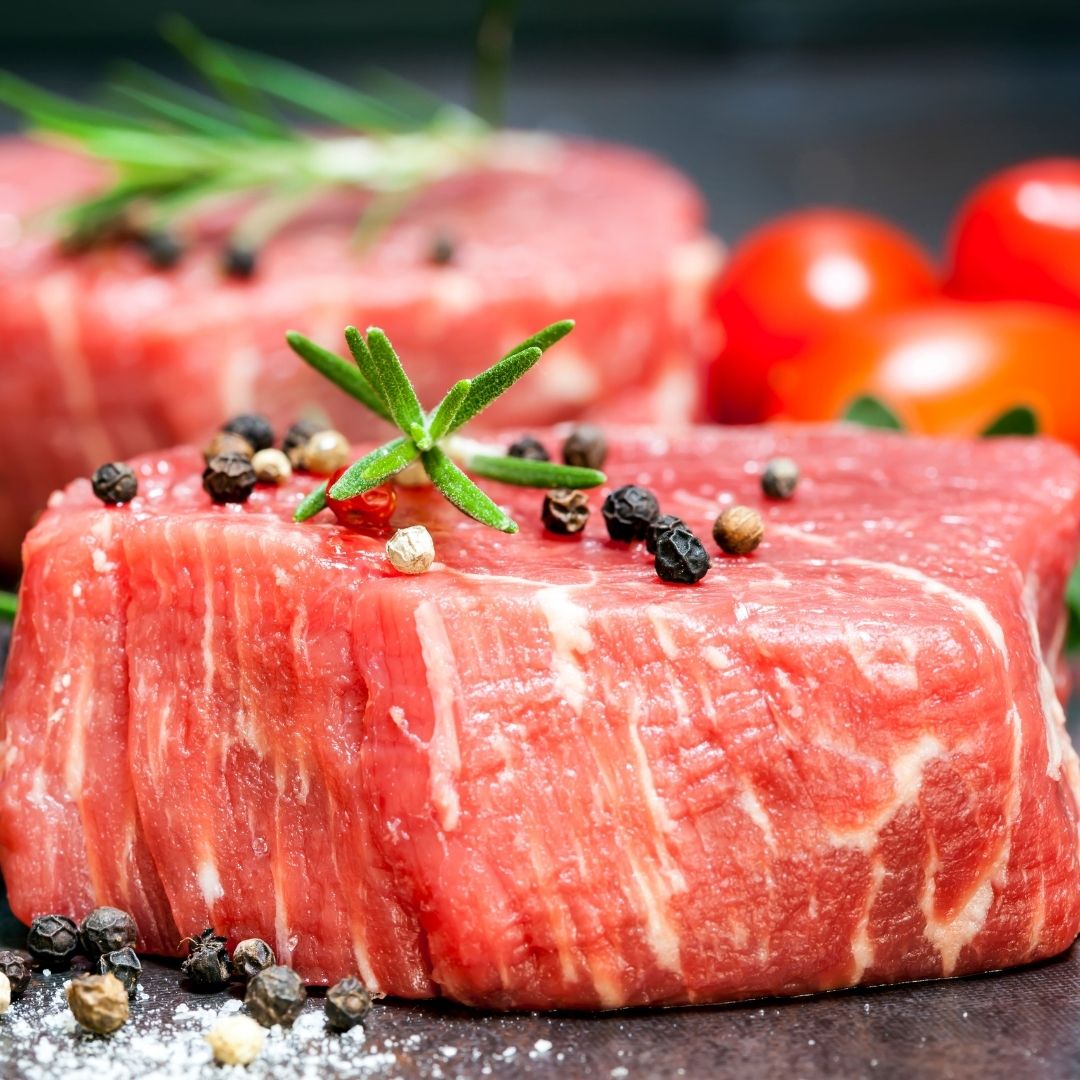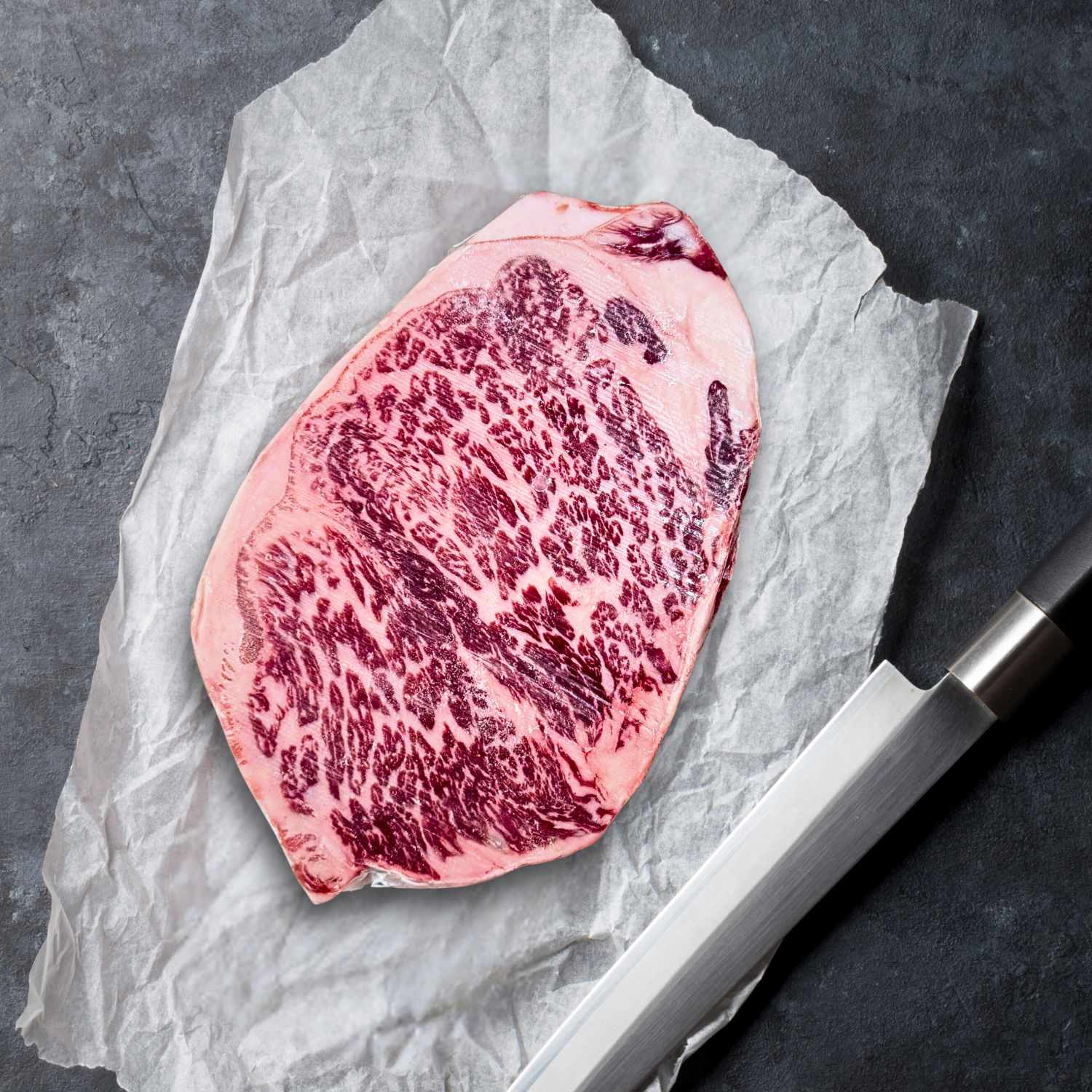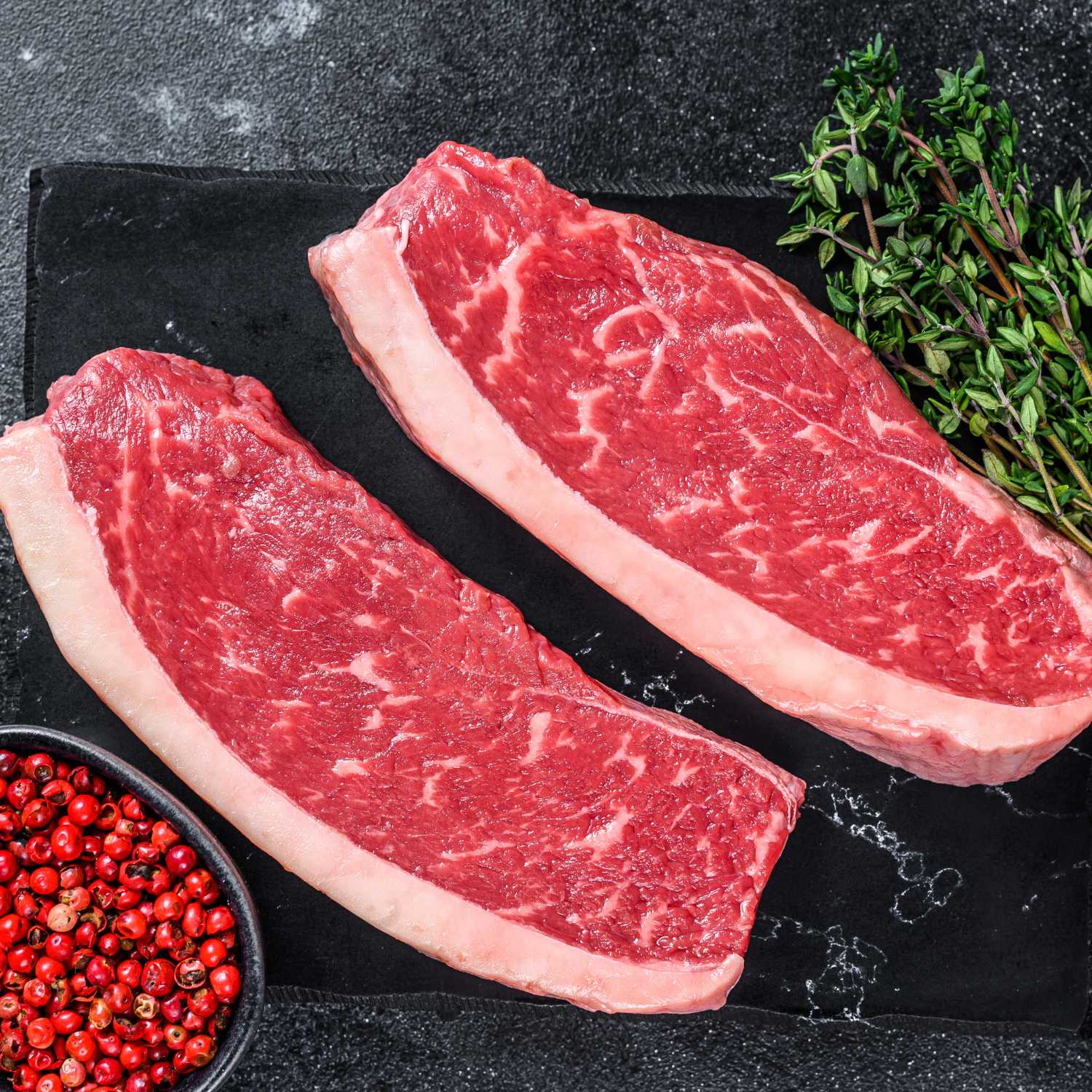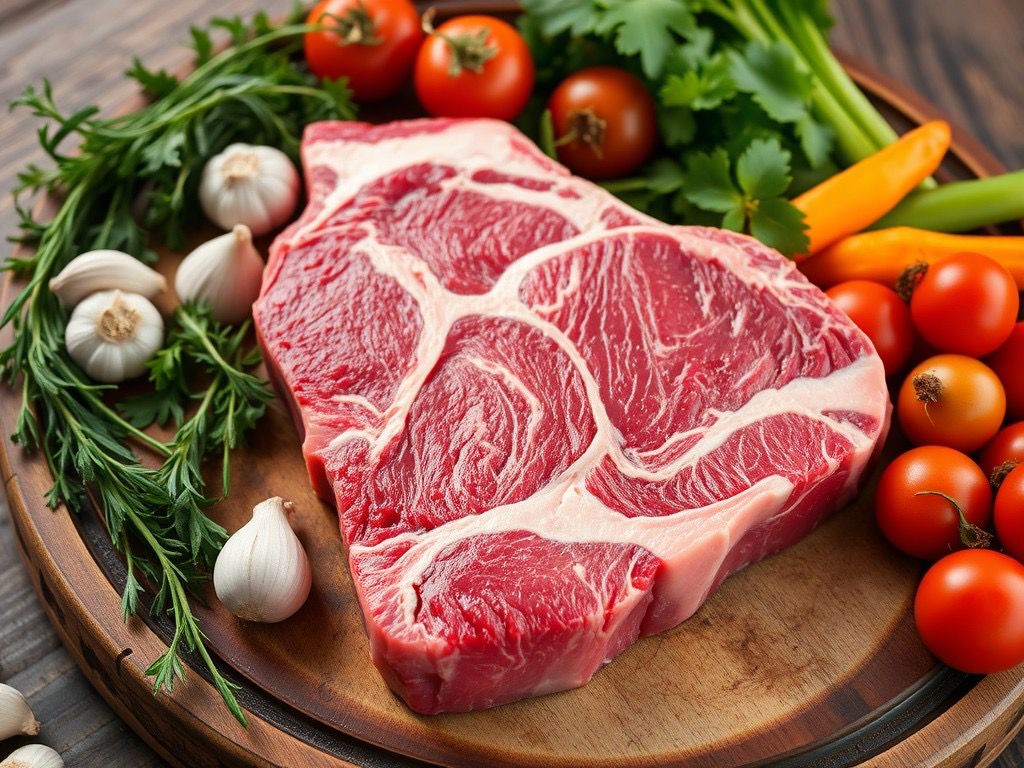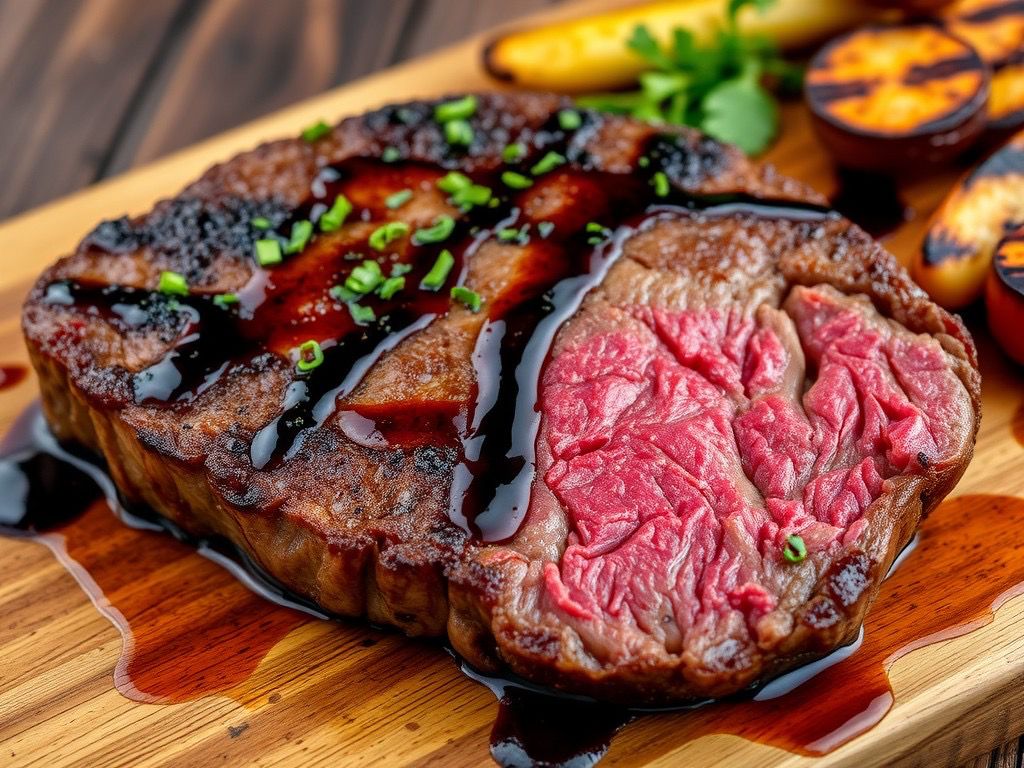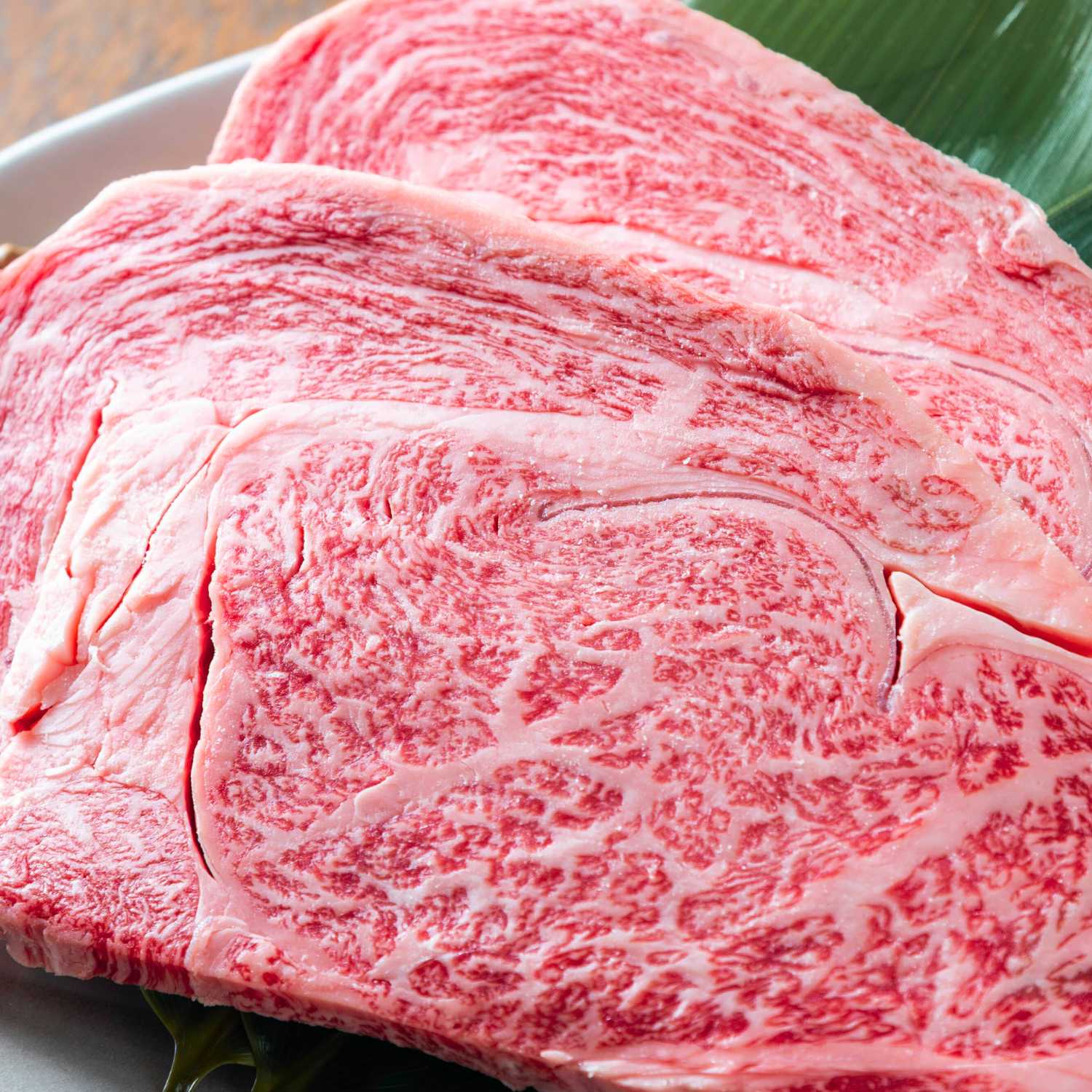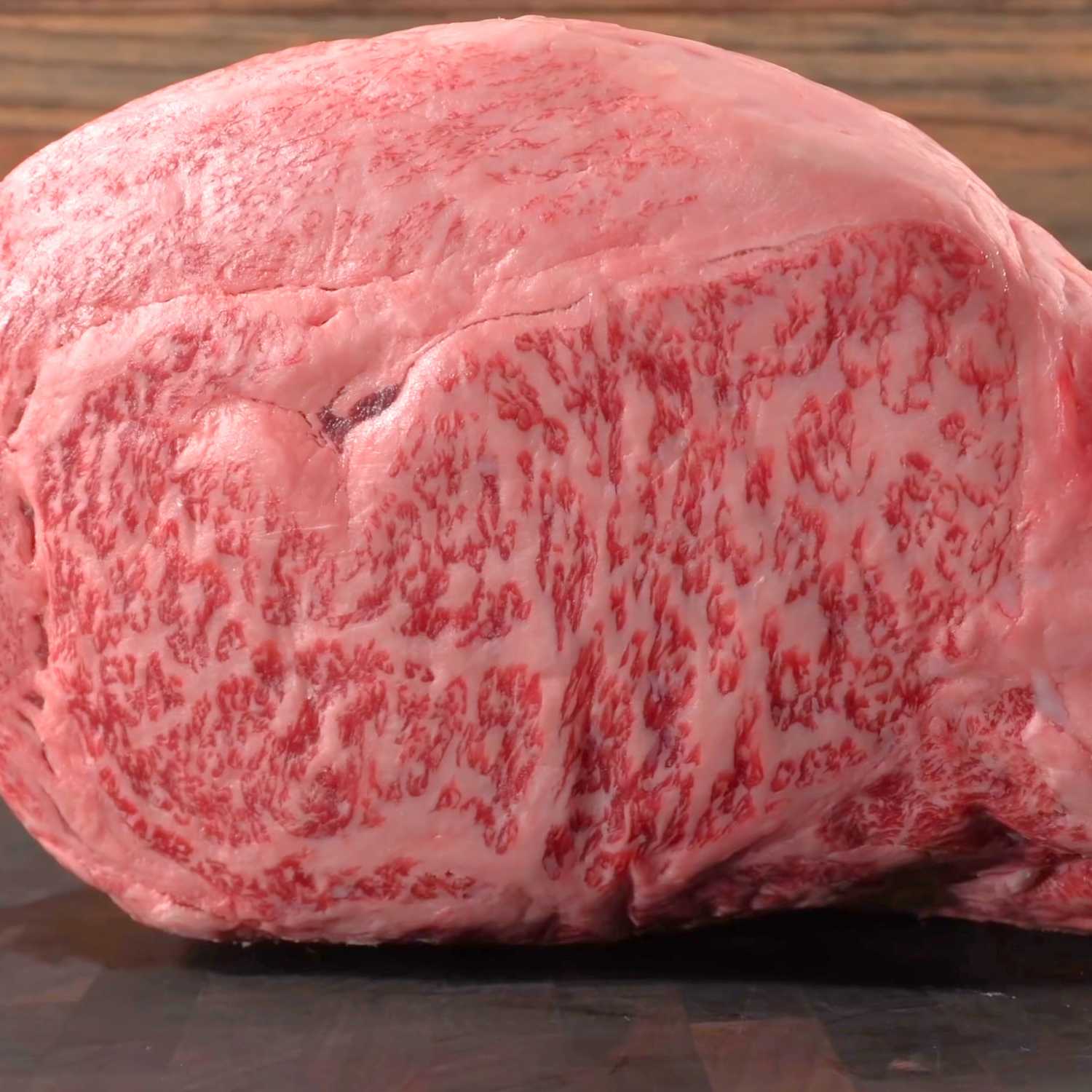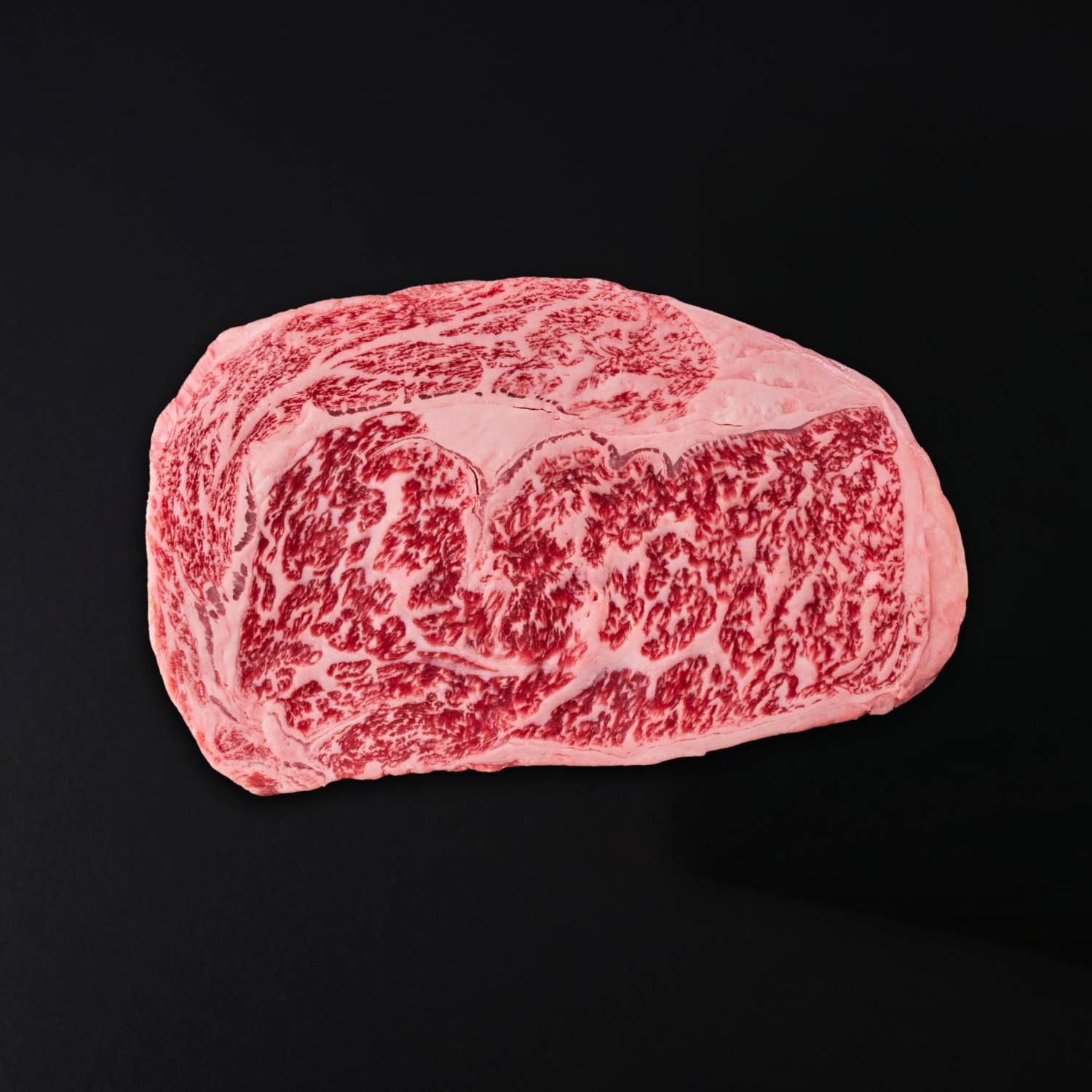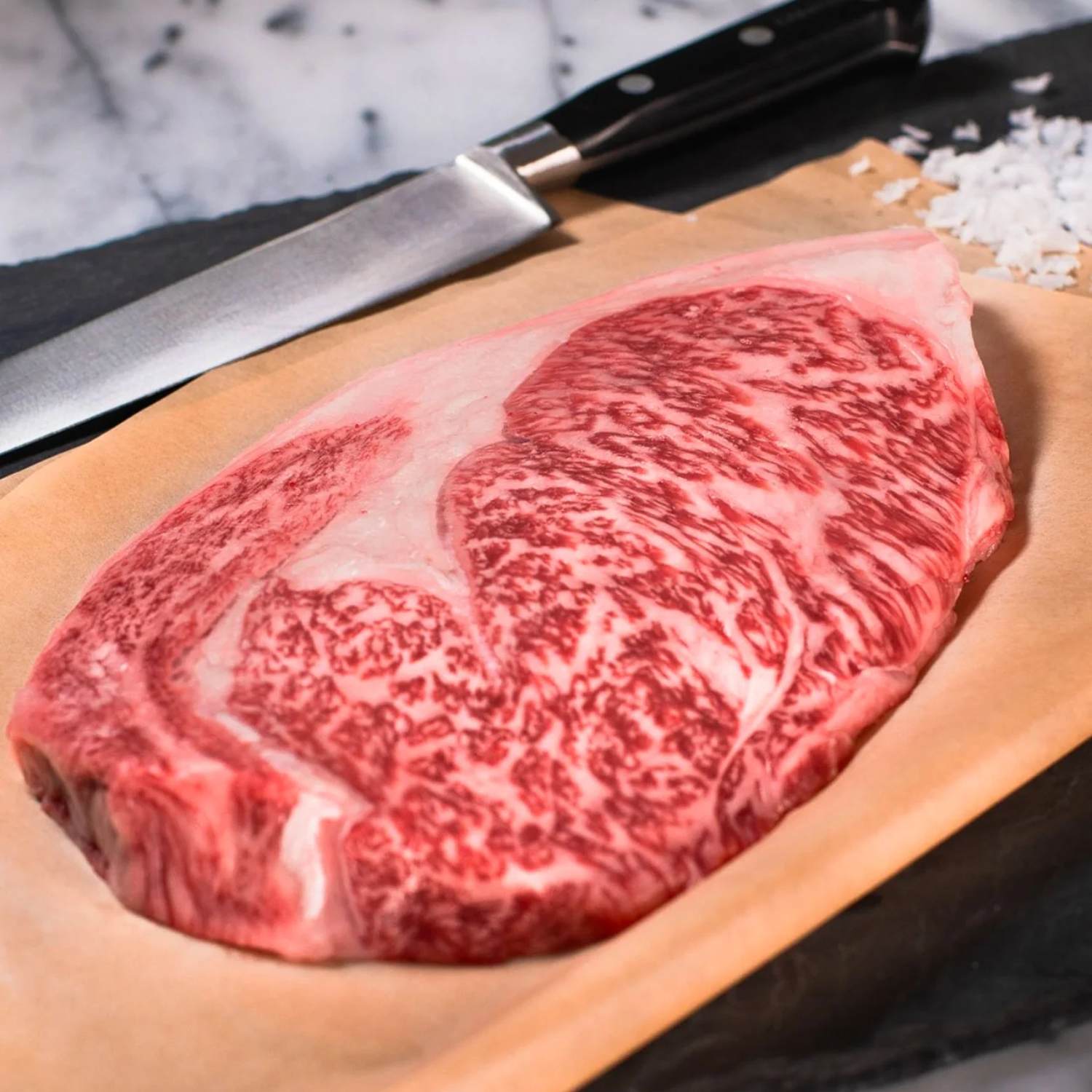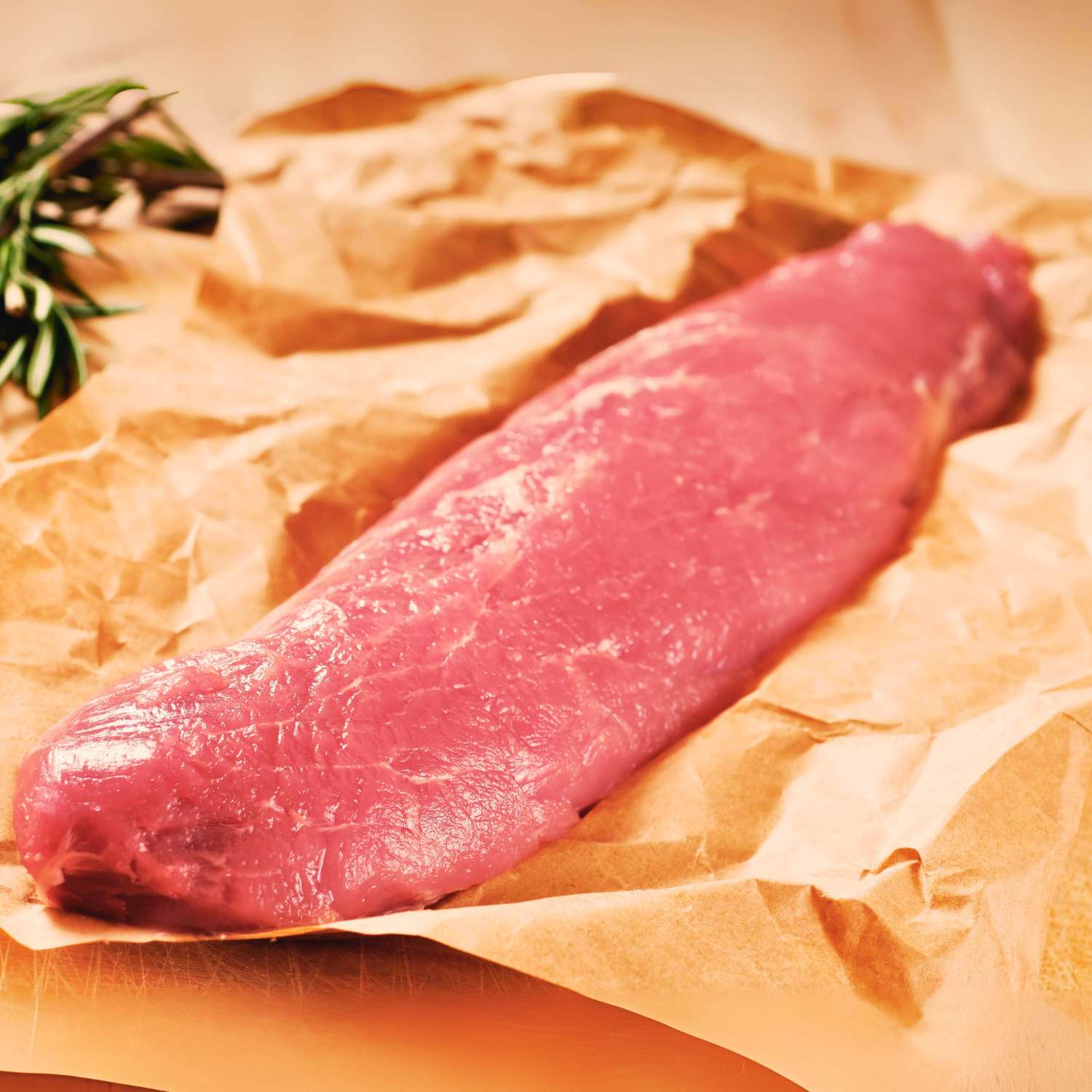Understanding the Demand for Grassfed Beef in Hong Kong
The Shift Towards Health-Conscious Dining
In Hong Kong, there's a trend towards healthier eating. People want food that is good for their well-being. Grassfed beef fits this mindset. It is seen as better than grain-fed beef. This is due to its higher beneficial fats and fewer additives. The city's health-focused diners are choosing grassfed beef. They are more aware of its benefits. They prefer its natural farming methods. As a result, restaurants and stores are offering more grassfed options. This shift is shaping the food market in Hong Kong.

Impact of Western Dietary Trends on Hong Kong Consumers
Western food trends have a large impact on Hong Kong's diet preferences. Hong Kong consumers are increasingly embracing Western diets, which often emphasize higher-quality meats like grassfed beef. This demand is also driven by a growing awareness of the health benefits associated with leaner, more naturally-raised beef. Many in Hong Kong are willing to pay more for such premium products. Grassfed beef, with its claims of better taste and more nutrients, has become a symbol of sophisticated, health-aware eating in the city.
Rising Popularity of Organic and Natural Products
In Hong Kong, the demand for organic and natural products is soaring. Health-aware consumers are choosing such items more often. They believe these products are safer and more nutritious. Grassfed beef, seen as a natural option, is gaining fans.
People are learning about the benefits of grassfed over grain-fed beef. These include higher omega-3 levels and fewer additives. As a result, grassfed beef is not just a niche product anymore. It's becoming a main choice for health-conscious shoppers.
Restaurants and retailers are reacting to this trend. They are now offering more grassfed options to meet customer demand. This change reflects a shift in consumer preferences towards cleaner eating. Grassfed beef sales are growing because of this.
The Business of Grassfed Beef: Prospects and Challenges
Challenges in Supply Chain Management for Grassfed Beef Producers
Grassfed beef producers face unique supply chain challenges. Long growth times for cattle can lead to slow stock replenishment. The need for special feed and more land impacts costs and logistics. Also, finding reliable transport for fresh produce is a hurdle. Plus, there are few processing facilities that handle grassfed beef. This limits scaling options for farmers. Hong Kong's import rules add another layer of complexity. Managing these issues is key to a stable grassfed beef market.
Opportunities in the Grassfed Beef Market
The grassfed beef market in Hong Kong is ripe with opportunities. A growing number of consumers seek healthier meats, and grassfed variants are becoming their preferred choice. Notably, the premium dining sector shows a strong interest in grassfed beef due to its higher nutritional value and eco-conscious image. Restaurants and retailers can leverage this trend by curating exclusive grassfed beef menus and selections. Additionally, the local food scene's burgeoning demand presents a prime chance for partnerships between local chefs and grassfed beef suppliers. As international cuisines influence the city, there's also potential for grassfed beef in fusion dishes, tapping into the market of adventurous eaters. By focusing on grassfed beef's unique benefits, businesses can create a niche market within Hong Kong's dynamic food landscape.
The Role of Import and Export in the Global Market
The grassfed beef market in Hong Kong is not just local. It connects with the global market too. Imports and exports play a big part in this business. They decide the flow of grassfed beef to and from Hong Kong. Hong Kong's ports let traders bring in beef from all over. Countries with big grassfed beef farms like Australia are key partners. But this also means Hong Kong has to follow global rules. This includes food safety standards and trade laws. Any changes in these can affect the market. Sellers need to know these rules well. Good relationships with overseas farms are also important. This helps keep the quality of beef high and prices fair. So, the role of import and export is to keep Hong Kong's grassfed beef market strong and stable.
Strategies for Success in the Grassfed Beef Sector
Adopting Sustainable Farming Practices for Grassfed Beef
For grassfed beef farmers, sustainability is key. It lowers costs and boosts eco-friendliness. Adopting sustainable methods aids in soil and water conservation. These methods also increase biodiversity on the farm. Rotational grazing is a common sustainable practice. This helps maintain healthy grasslands for cattle. Farmers can also use renewable energy sources. For instance, they might install solar panels on the farm. By using these practices, grassfed beef producers in Hong Kong stand to make a mark in the global market.
Innovative Marketing Strategies for Grassfed Beef Sellers
To succeed in Hong Kong's grassfed beef market, sellers must use smart marketing. These strategies are key:
- Utilize Social Media: Build a strong online presence on platforms like Facebook and Instagram. Share quality content that highlights the benefits of grassfed beef.
- Educate Consumers: Offer workshops or cooking demos to teach people about grassfed beef. Explain why it's different and better.
- Collaborate with Chefs: Partner with local chefs who support grassfed beef. This can promote the product through high-end cuisine.
- Leverage Food Festivals: Take part in food festivals to showcase grassfed beef to a wider audience.
- Focus on Storytelling: Share the stories behind grassfed beef farms. This creates a personal connection with consumers.
These methods can help sellers tap into the growing demand for quality beef in Hong Kong.
Navigating Legalities and Regulations in the Food Industry
Grassfed beef sellers in Hong Kong must navigate a complex web of food laws. Knowing these rules is key for success. It ensures beef sold is legal and safe for consumption. Business owners should stay updated on food safety regulations. This includes import controls, labeling rules, and health standards. They must also understand the legal differences between local and imported beef. Staying compliant with these laws protects the company and builds customer trust. Success in the grassfed beef market ties closely to legal knowledge and compliance.

